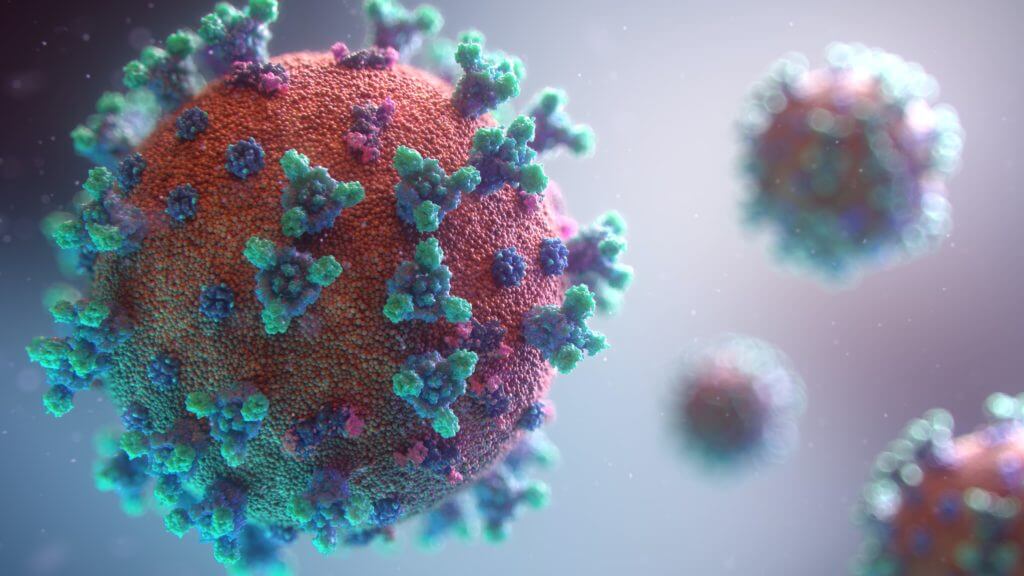by Amanda Christmas
Could the severity and length of a COVID-19 infection hinge on the health of a patient’s gut? A recent study suggests that “profiling” the gut microbiome (the environment where bacteria, viruses, and fungi live in the intestines) will help to determine who might develop post-acute COVID-19 syndrome, or “long Covid.”
Lingering Symptoms and the Gut
A significant number of people who were infected with COVID-19 reported persistent complications and symptoms as long as six months after “recovery.” The most commonly noted issues were fatigue, muscle weakness, and insomnia.
With about 75% of the immune system living in the gut, any disruption to the microbiome can lead to a difficult and long recovery, especially from a severe infection that attacks major organs. The researchers suggest that this may have a role in long COVID even though it’s not completely clear what the cause is or why only some patients will develop it. More and more research is indicating that a damaged gut microbiome plays a major role in how severe COVID-19 infection is.

in how severe COVID-19 infection is. (Photo by Fusion Medical Animation on Unsplash)
The Study
Over a six month period, the researchers analyzed stool samples and the aerobic capacity and endurance of 106 patients with various levels of severity of COVID-19 to track any changes in their microbiomes. The team compared the findings with a group of 68 people who were not infected with the virus.
After checks at three and six months, around 80% of the infected patients showed symptoms of long COVID. Further study of the data showed that those patients with long COVID had much more disruption in the gut. Those who did not have long COVID had similar microbiomes to those who had not had the COVID-19 infection.
Some of the significant findings in this study were based on the specific bacterial levels found in the patients. As the study progressed, those with long COVID had significantly more “unfriendly” bacteria and more changes in the gut microbiome. Additionally, the “good” bacteria known to boost immunity was completely gone from the long COVID patients at the six month check.
Because this was an observational study, it doesn’t establish cause. However, researchers say that their findings support previously proven theories that identify a disrupted gut microbiome as the cause of a variety of long-term health issues.
“In summary, altered gut microbiome composition is strongly associated with persistent symptoms in patients with COVID-19 up to 6 months after clearance of SARS-CoV-2 virus.
“Considering the millions of people infected during the ongoing pandemic, our findings are a strong impetus for consideration of microbiota modulation to facilitate timely recovery and reduce the burden of post-acute COVID-19 syndrome,” conclude the researchers in a statement.
The study can be found in the journal Gut.
___
